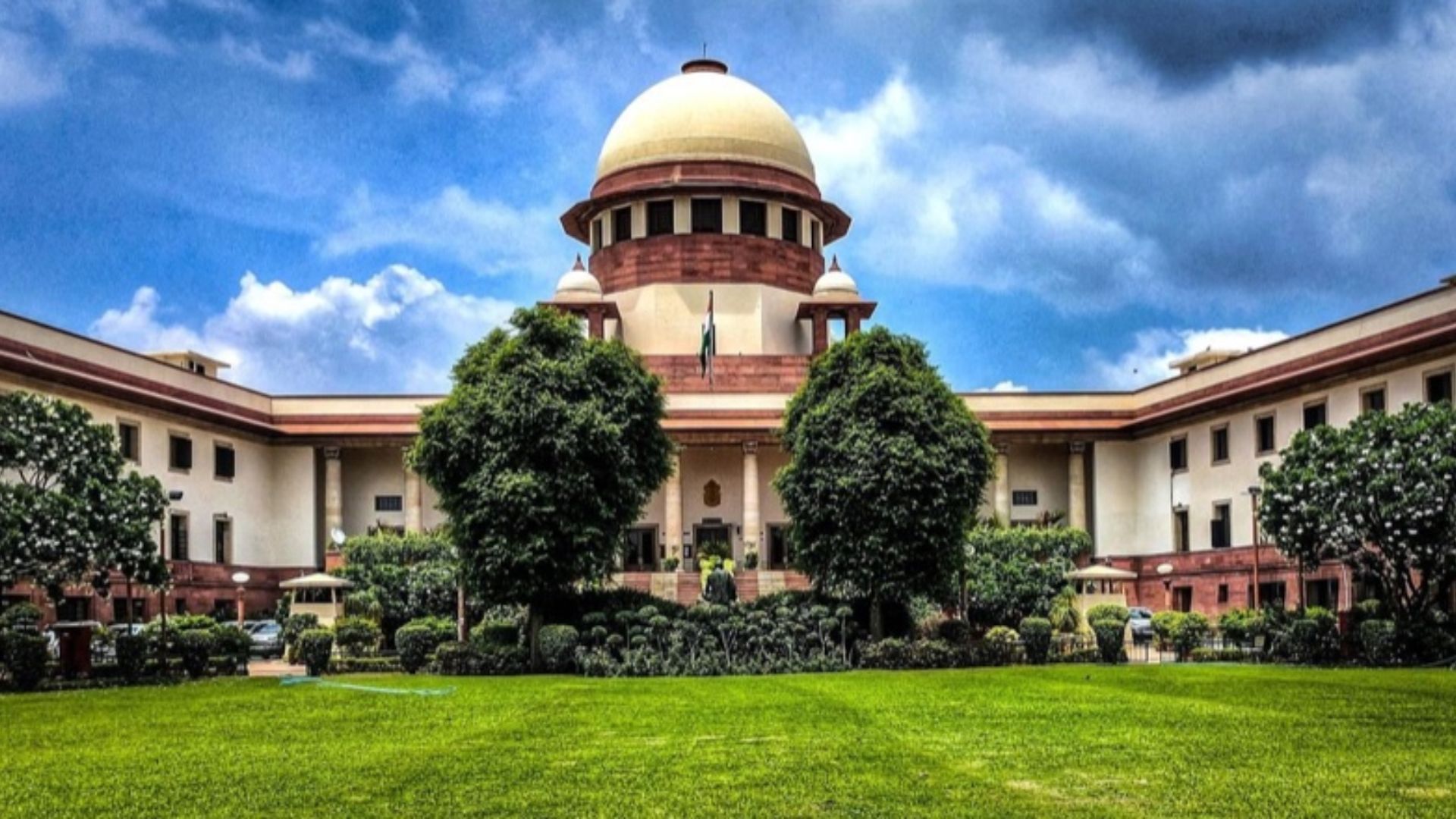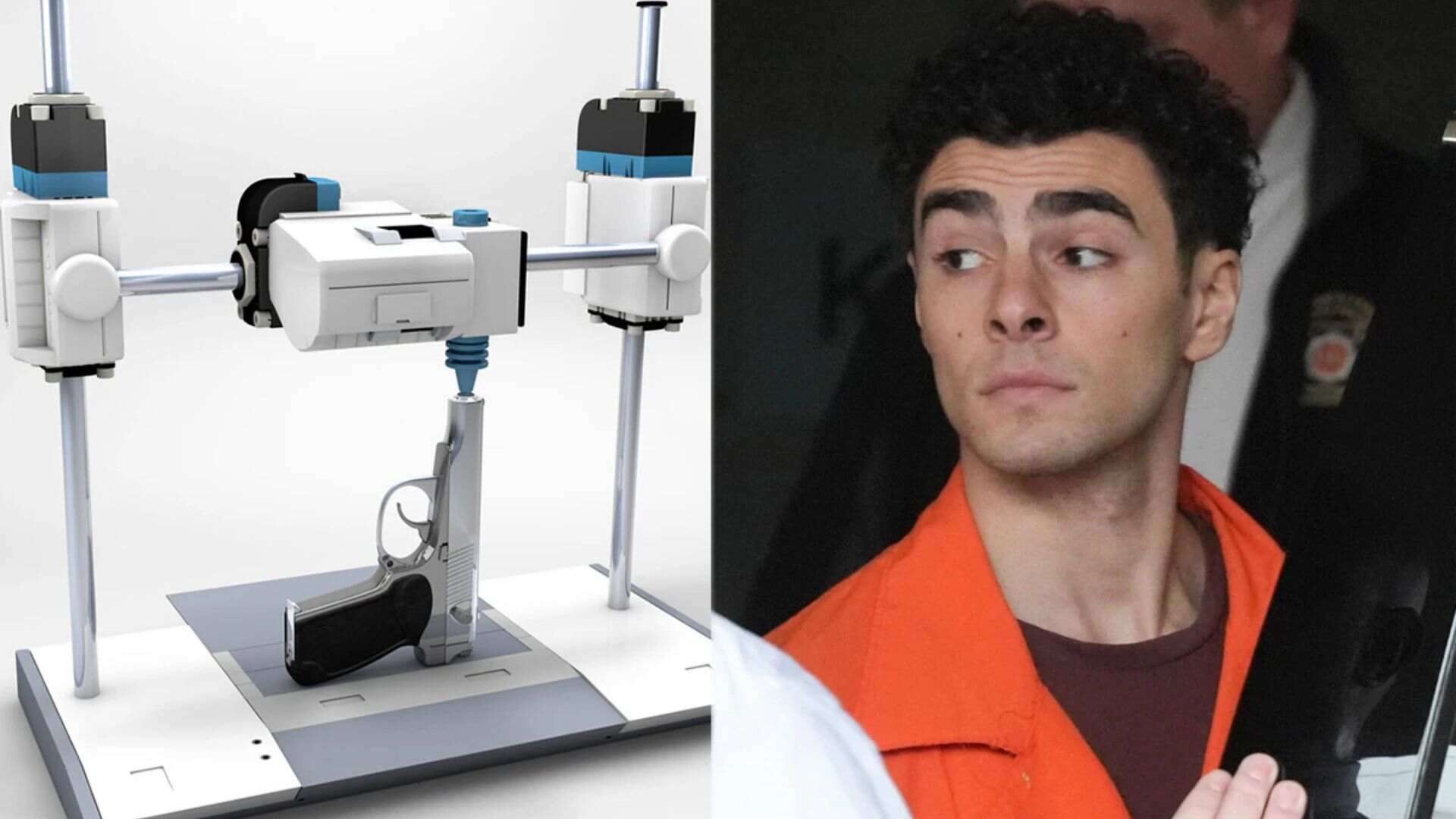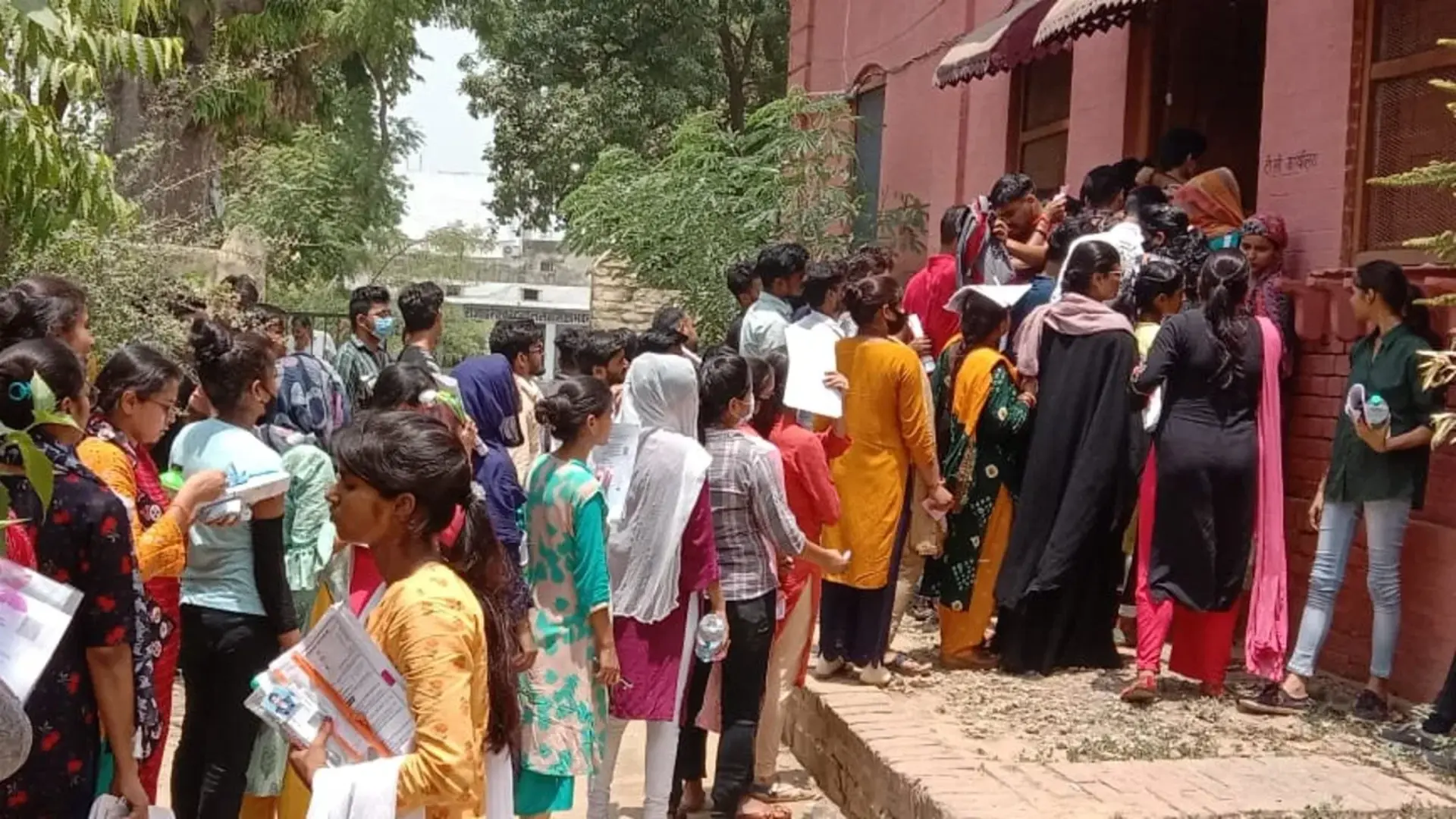The Supreme Court on Monday made significant remarks against the practice of “bulldozer justice,” stating that properties cannot be demolished merely because they belong to someone accused of a crime. The court emphasized that even if a person has been convicted, their property cannot be demolished without following the legal procedure.
While hearing a series of petitions challenging demolition actions often carried out by authorities against the homes of individuals accused of serious crimes, the court reiterated that such actions are not permissible solely based on accusations or convictions. However, the Supreme Court clarified that it would not protect any illegal structures obstructing public roads.
The bench, comprising Justices B.R. Gavai and K.V. Viswanathan, questioned the rationale behind demolishing someone’s house just because they are accused of a crime. The court expressed its intent to establish guidelines on a national level to address these concerns.
Justice K.V. Viswanathan pointed out that demolishing a house based on the actions of one family member is not justified. He suggested that clear procedures should be followed, including issuing a notice, allowing time for a response, providing the opportunity to seek legal remedies, and only then proceeding with demolition if necessary.
The court’s observations come in the context of several state governments in recent years demolishing properties belonging to individuals involved in serious crimes.







